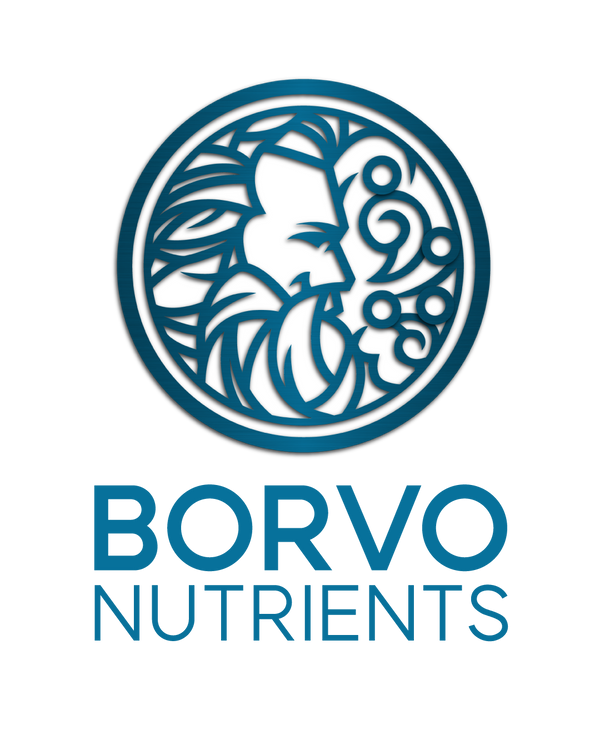Iodine | More important than you think
Share
Iodine is present in the soil and sea waters of the world. The amount in soil is believed to be steadily depleting and it is much more abundant in the sea waters.
With varying levels in the soil it is very difficult to know how much is present in food if the iodine levels are not tested. The soil is also steadily being depleted of iodine meaning the amounts present in land plants is diminishing. Livestock are routinely supplemented with iodine leading to it being present in varying amounts in animal foodstuffs, but the levels in meat and dairy are not tested.
Natural Source of Iodine
Seaweed is known as the best natural source of iodine but care should be taken when introducing it into the diet. This is because if someone is used to low levels of iodine then a large increase in iodine consumption can cause thyroid issues. Start by consuming low amounts and then increase until the desired intake is achieved.
View the "Natural Sources of Iodine" table here
Due to the varying levels of iodine in different seaweed - depending on where they were sourced from, seasonal variations and differences between species, it is recommended to only eat seaweed with verified iodine levels. This is especially true if only beginning to consume sources of iodine as a sharp increase in the daily iodine consumption can have an adverse effect on some individuals. For this reason each batch of our dried and milled seaweed has verified Iodine levels.
Why do we need iodine?
Iodine is an extremely important trace element that cannot be synthesised by the body and is necessary for some very important bodily functions.
- Normal Cognitive Function: Iodine deficiency can lead to decreased cognitive ability. Low intake of Iodine is believed to be the world’s leading cause of intellectual deficiency.
- Normal Energy Yielding Metabolism: Metabolism converts the fuel in the food we eat into the energy needed to power everything we do, from moving to thinking to growing.
- Normal Functioning of the Nervous System
- Maintenance of Normal Skin: The healthy development of skin, teeth, nails and bones are all related to normal iodine levels.
- The Normal Production of Thyroid Hormones and Normal Thyroid Function: The thyroid gland needs only a trace amount of iodine, to synthesize the requisite amounts of T4 and T3 used to regulate metabolism and ensure normal growth and development.
- Crucial pre-pregnancy, during pregnancy and when lactating. The female body needs to have sufficient levels of iodine before pregnancy as the foetus is reliant on the mother’s thyroid hormones during the first few months of gestation and her iodine supply after this.
“Iodine deficiency is the world’s most prevalent, yet easily preventable, cause of brain damage.” World Health Organisation (WHO)
Iodine Deficiency
Iodine deficiency is a major public health problem for populations throughout the world, particularly for pregnant women and young children. The most devastating outcomes of iodine deficiency are increased perinatal mortality and mental retardation. Iodine deficiency is the greatest cause of preventable brain damage in childhood and can cause adults to not think clearly or produce thyroid hormones.
Iodine deficiency in the UK and Ireland
A 2009 study in the U.K of 14-15 year old schoolgirls showed that 51% were mildly iodine deficient, rising to 85% in Belfast. Their conclusion was that Britain was suffering from iodine deficiency. Likewise, the Republic of Ireland is believed to have a mild to moderate iodine deficient population.
Established Thyroid issues
Talk to your doctor or endocrinologist if you are suffering from established thyroid issues, like Hashimoto’s thyroiditis, before taking this product or any others with iodine.
Thyroid issues are incredibly complex, and too much iodine can actually exacerbate existing thyroid disorders just as too little can create them, so concrete recommendations can’t really be established. As with many bodily functions and nutrient requirements, recommendations can differ from person to person.
